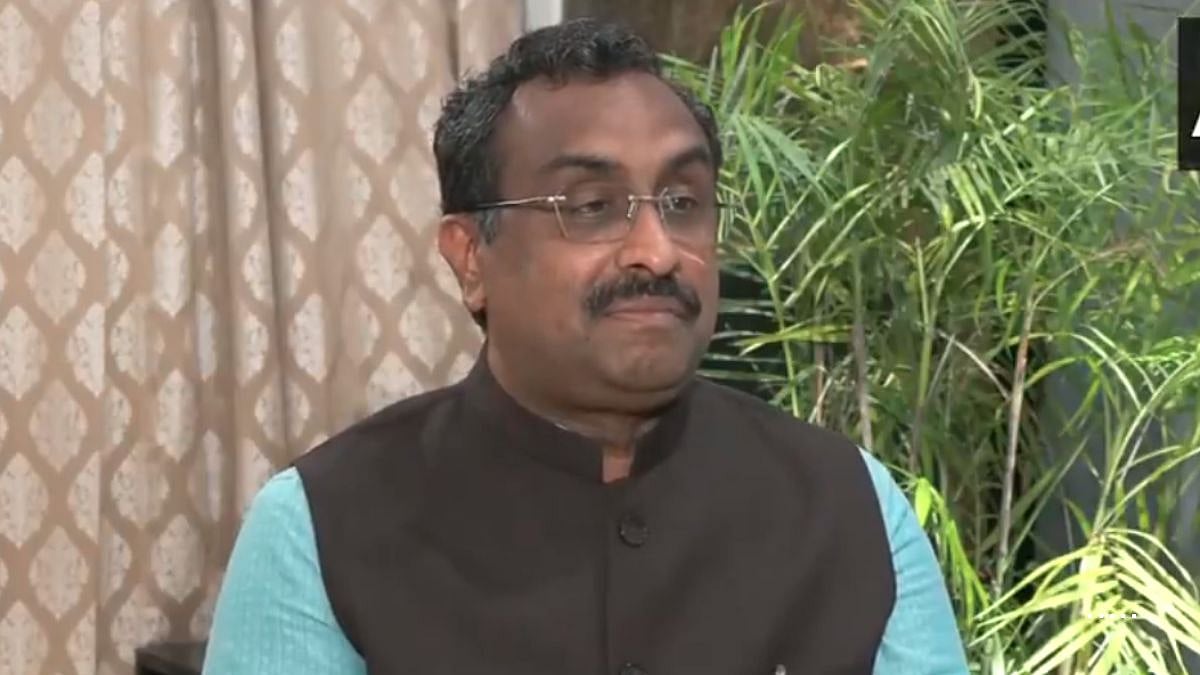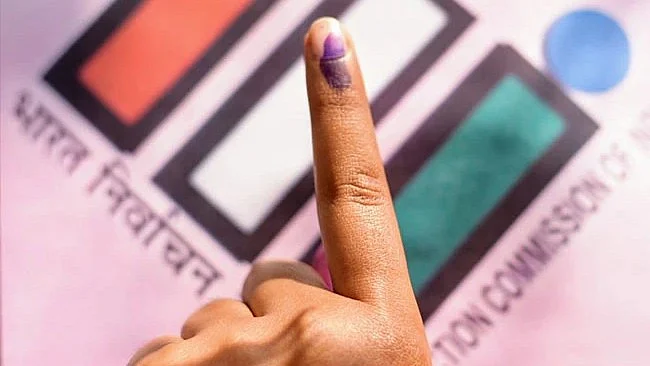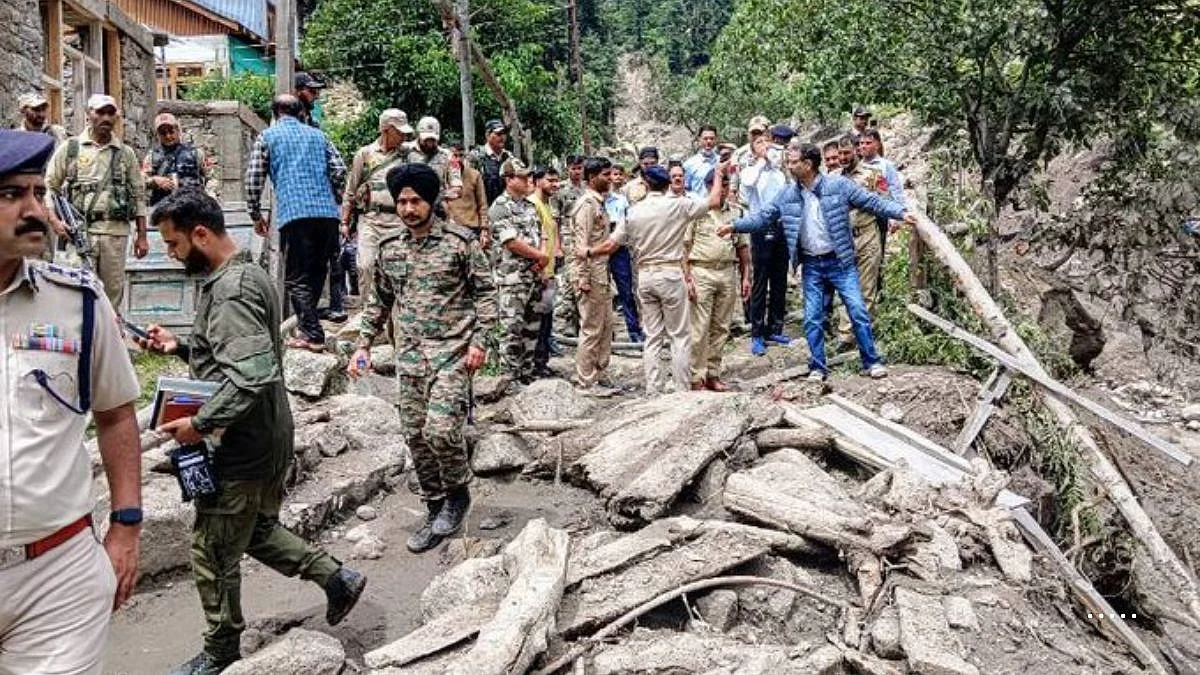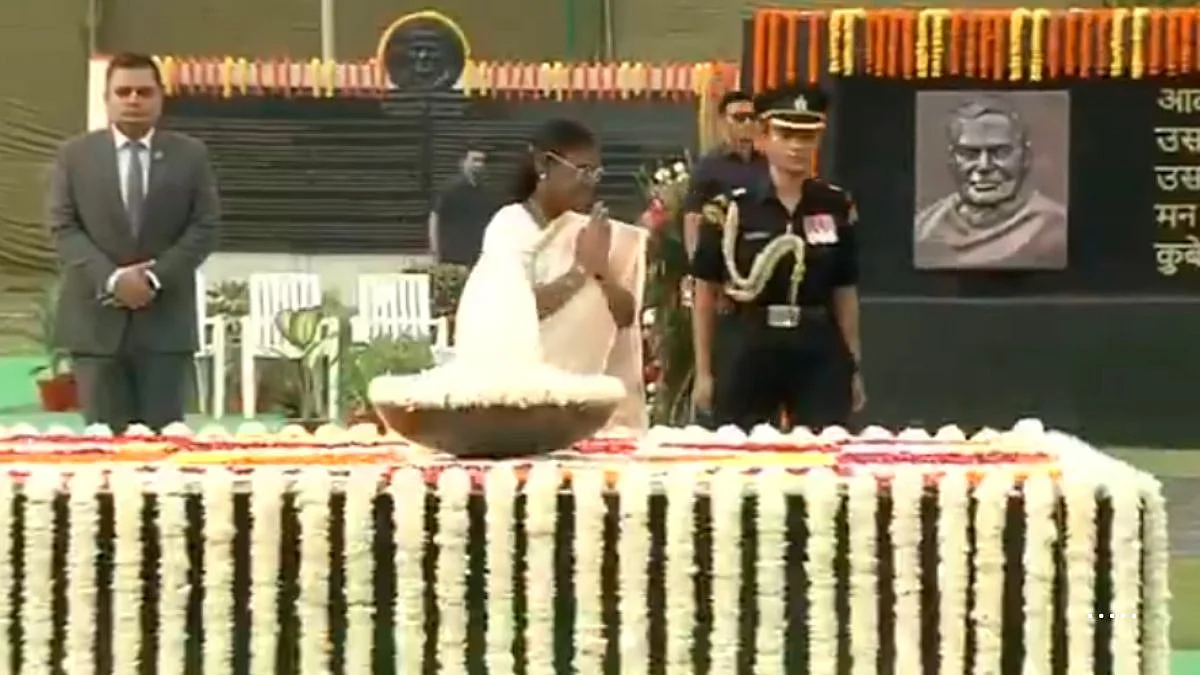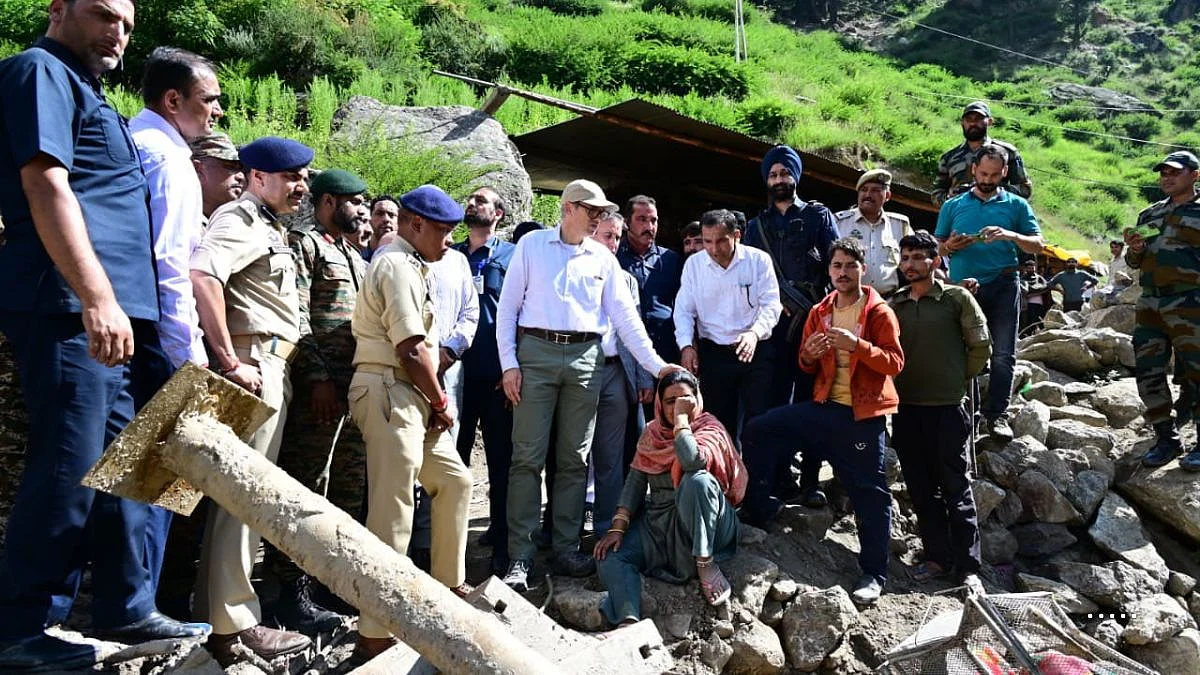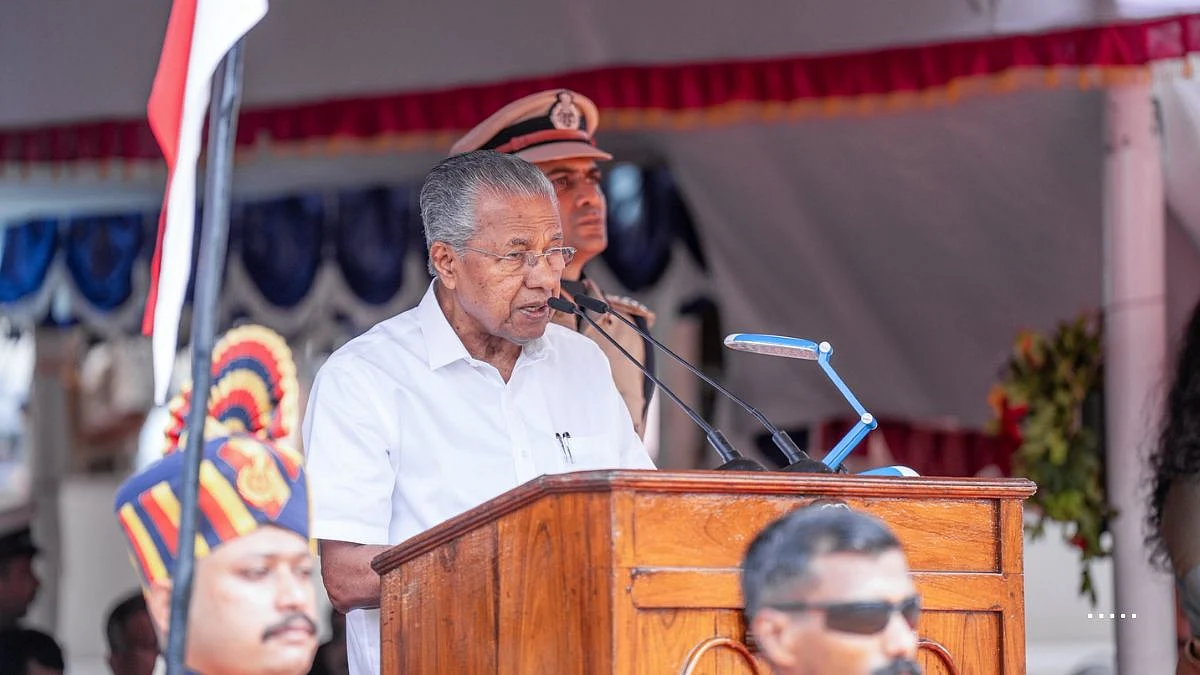New Delhi: Rashtriya Swayamsevak Sangh (RSS) leader Ram Madhav on Saturday expressed strong opposition over Pakistan Army Chief Asim Munir recent nuclear war threat to India, saying that no one is scared with such sabre-rattling and that India has the sense to reply accordingly to such threats.
Munir's remarks, said during his visit to the United States a few days ago, had been strongly opposed by the Ministry of External Affairs (MEA), with New Delhi warning of "painful consequences" for continuing the rhetoric.
"Munir ke nuclear threat se koi darne wala nahi hai (nobody is scared of Munir's nuclear threat). Prime Minister has given a proper reply to that. Nobody can scare India with nuclear blackmail. If it comes to that what to do? India also has its own sense," RSS leader Ram Madhav told ANI.
While answering a question whether the US is indirectly endorsing such remarks, the RSS leader said that the President Donald Trump is not as easy going as once thought, and is a "big transactionalist person." He further said that India does not need to be "sentimental" and just deal with Trump's style as other countries deal in their own way too.
"We are very sentimental people, why are we not understanding Trump's style? Trump has also kept in touch with the dangerous, North Korea's dictator Kim jong-Un, talked with him in Singapore, and said that they are friends. Because of that, no change in relationship between North Korean and US happened. Just like that, he (Donald Trump) thinks that working with bad people I will fix them," he said.
"Trump is not as simple as we thought he was before. He is a big transactionalist person, and in his mind it is clear that whatever he is doing he is doing to increase the strength of the American economy. This is his goal," Madhav said regarding Trump's repeated threat of tariffs and false claims of brokering a ceasefire agreement between India and Pakistan.
Mentioning how US shook hands with former Pakistan president Pervesh Musharraf to go war in Afghanistan, Madhav added, "He is doing it with Munir, we oppose that completely, but US did the same politics with (Pervez) Musharraf, the Musharraf which supported terrorism so much. US shook hands with Musharraf to do war in Afghanistan, then also we opposed it. There is a particular style of US to ensure their own interests."
When asked about the pause on the tariffs imposed on China but not on India, Madhav replied that there are already certain sectors which have been affected by tariffs, like semiconductors, but highlighted that both US and Chinese economies are connected.
"With China too, there are multiple areas where tariffs and restrictions have been imposed. In one of their most important exports, semiconductor chips, there have been restrictions on that. China has been on their target way before," he said.
"But it is also there that China is handling US on their own. They have their own strings which they pull. For example, China has over USD 3 trillion worth of credit certificates, their economy is joined together in some way so they will keep a relation," he added.
He further dismissed the claim that India has been unsuccessful in dealing with the US, giving examples of how the government is working to ensure that domestic economy is protected. "Like a country, which is such a close friend and walks together, is part of Five Eyes (intelligence alliance), what did Trump did to Canada?" he said.
The RSS leader also expressed confidence in India-US relations being stable over the long term, adding, "Both of our relations have reached a critical level that with such differences, there will not be any problems in the long term relationship between the two countries."

The RSS leader also mentioned how India too works on the interest of strategic autonomy, and accordingly keeps relations with every country for their own interests, including China. Giving examples of the leadership in both countries welcoming each other, he mentioned President Xi Jingping's visit to Ahmedabad.
"We work with keeping strategic autonomy in mind. Keeping that in mind we will keep relations with everyone. We have had relations with China, I would remind you that after Modi ji (came to power) then Xi Jingping (Chinese President) came to Ahmedabad and sat on the swing together," he said.
While Madhav agreed that relations became strained during the Galwan clash in June 2020, but highlighted how both countries also have over USD 140 billion worth of bilateral trade.
Prime Minister Narendra Modi in his address to the nation on the 79th Independence Day, hailed the success of Operation Sindoor and saluted the role of the armed forces who targeted terror sites in Pakistan. The operation, he said was an expression of India's outrage at the Pahalgam terrorists attack in which "husbands were killed in front of their wives and fathers were killed in front of their children after asking their religion."
Amid US imposing an additional 25 pc tariff on Indian goods going to US, President Trump mentioned how Russia lost India as an oil client while discussing the economic aspect of Russian President Vladimir Putin coming to the table for talks.
Just days earlier, on August 7, the US President had announced an additional 25 percent tariff against India, and later hinted that more "secondary sanctions" could be imposed in connection with the same dispute.
On being asked, 'Indian officials have said that there are other countries that are buying Russian oil, like China, for instance. Why are you singling India out for these additional sanctions', US President Donald Trump had said, "It's only been 8 hours. So let's see what happens. You're going to see a lot more...You're going to see so much secondary sanctions."
According to the order issued by the White House, Trump cited matters of national security and foreign policy concerns, as well as other relevant trade laws, for the increase, claiming that India's imports of Russian oil, directly or indirectly, pose an "unusual and extraordinary threat" to the United States.
(Except for the headline, this article has not been edited by FPJ's editorial team and is auto-generated from an agency feed.)
